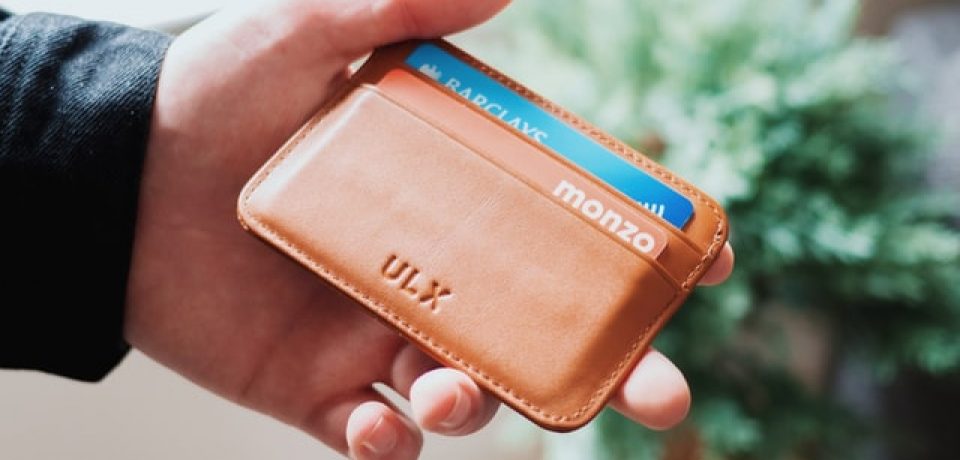Debt can be terrifying, crippling even. If you are juggling multiple different debts then it can be hard to know where to start. The best thing that you can do is tackle your debts. You can get them on track so that you can be debt free as soon as possible. The big question is: how should you prioritise your debt and which should you pay off first?
What type of debts do you have?
The order of priority to apply to your debts will depend on the type of debts that you actually have. First, look at whether they are unsecured or secured
If, for example, a debt like a mortgage is secured on your home, not paying may result in repossession. You should check the terms and conditions of your mortgage. Some debts, for example, council tax can result in a possible prison sentence if you fail to pay them. Both of these may need to be near the top of your list.
Prioritise Debt – Mortgage First
If you have a mortgage, then this should be at the top of your list when you prioritise debt. You are at risk of losing your home if you cannot make the repayments and this will have wider implications. Should you have any loans that have been secured on your home, where you have borrowed money against the value of your home, then these should be at the top of your list for the same reason.
If you are struggling to make the payments it can be worth speaking to your lender and appraising them of the situation as well to see what your options are.
You should not however focus all of your attention on your mortgage. You should be aiming to make repayments on all of your debts, but these higher-priority ones should take priority.
Which debts come next?
It can often be the best option to consider clearing your largest debts first. These are the ones that are costing the most money and the sooner they are cleared the more money you will free up to deal with the other debts that you have.
Write a list of all of the debts that you have, the amounts you owe, the payments and the rate of interest being charged. This can be found on your statement or by contacting your lender.
Once you know which debt has the greatest APR then you should try to put as much of your spare money towards paying it off. If overpayments can be made without any financial penalty, then you should do this.
Do not exclude any of your other debts from payments whilst you do this. Focus your attention on making additional payments where possible towards the bigger debts while you prioritise debt.
Can you move some debts?
It is sometimes possible to move a debt with a high APR to somewhere cheaper, so it is worth looking into this. Your credit rating will however have an impact on the range of options available to you. Transferring things like high-interest credit cards or store cards to a credit card with a good interest-free balance transfer period can help to put some debts on a back burner whilst you concentrate on others. It will free up cash and reduce the amount of interest that you need to pay.

